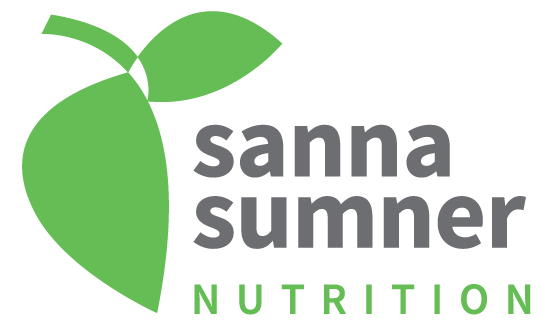Corona outbreak is making all of us worried and the flu season is in full swing. As well as keeping a good hygiene, there’s plenty we can do to avoid or encourage a speedy recovery from those winter colds and sniffles.
Vitamin D
Take extra vitamin D3. Vitamin D is a essential for general support for the immune system and research has shown it to modulate the innate and adaptive immune responses (Journal of Investigative Medicine, https://www.ncbi.nlm.nih.gov/pmc/articles/PMC3166406/). Low serum 25(OH)D levels have been associated with upper respiratory tract infections, including influenza (Nutrients, 2013 https://www.ncbi.nlm.nih.gov/pmc/articles/PMC3738984/).
Our skin produces vitamin D when exposed to the sun’s UV light. There are two main forms of vitamin D, ergocalciferol (D2), produced by plants when exposed to UV light, and cholecalciferol (D3), the biologically active form produced in humans and animals when skin is exposed to sunlight. According to the Vitamin D Council, you need about 15 minutes daily sun exposure for a person with a lighter skin. Geographical location and time of the day also impact how much vitamin D your skin can produce (https://www.vitamindsociety.org/).
The potency of vitamin D3 in relation to vitamin D2 is somewhat controversial, although some studies indicate that vitamin D3 may be more potent (Armas LA, et al, Journal of Clinical Endocrinology Metabolism, 2004). Vitamin D3 is found in small amounts seafood and oily fish such as mackerel, salmon and sardines and eggs have very small amounts.
You can check your vitamin D levels with the doctor.
Zinc
Another essential nutrient for general support for the immune system. Zinc has been shown to reduce the incidences and duration of acute lower respiratory tract infections in children (Sazawal S, et al, Pediatrics. 1998;102:1). Zinc-rich foods include: seafood especially oysters, beef, turkey, pine nuts, cashews, and chickpeas. Ensuring optimal zinc levels with zinc supplementation can strengthen your immunity against viral infections.
Get plenty sleep.
Sleep helps our bodies to support our general health. Research shows that people who don't get quality or enough sleep are more likely to get sick after being exposed to a virus (https://www.sleepfoundation.org/articles/how-sleep-affects-your-immunity) Tips for a better sleep: switch off electronics an hour before bed, make sure the room is cooler & dark, stop eating 2 hrs before bed and avoid alcohol.



